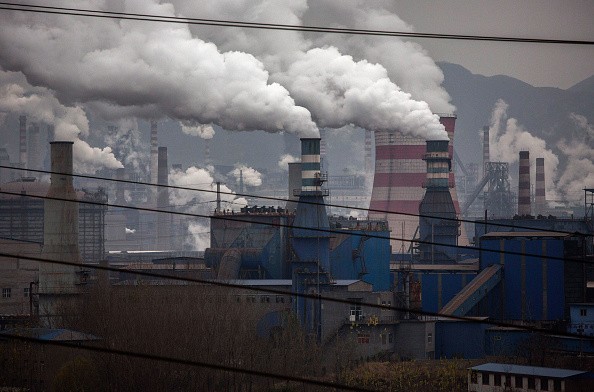The amount of coal-fired power generation under development worldwide went down by 14 percent this year, driven down by China's oversupply and shift towards cleaner energy, according to a recent study on Wednesday.
India also introduced new rules in the first half of 2016 that curbed plans for coal-fired plants, partly due to the under-utilization of existing facilities in the country, the non-government and anti-coal group CoalSwarm said in its Global Plant Tracker report.
Overall, the amount of coal-fired generating capacity in pre-construction planning dropped 14 percent to an estimated 932 gigawatts (GW) in July from 1,090 GW at the start of the year, the group said.
"It's a combination of environmental concerns, including climate and health, along with the deteriorating economics of coal," Ted Nace, director of CoalSwarm, told Reuters when asked about the causes for the decline.
China saw its biggest drop in its pre-construction pipeline by far, of 114 GW to a total 406 GW proposed, followed by India with 40 GW, according to the study.
The Philippines and Indonesia also curbed coal, while Egypt and Mongolia increased their planning, it added.
China announced in February that it would close 500 million tonnes of coal production in the next three to five years to reduce oversupply. Profits also shrank in the first half due to sagging power demands and rising coal prices.
Beijing is also trying to curb air pollution and climate change.
Despite this, the report said the amounts of coal-fired plants being planned and built were still too high to limit a rise in temperatures to the target of 1.5 degrees Celsius (2.7 Fahrenheit) set by world leaders in the Paris Agreement on climate change the previous year.
Ben Caldecott, director of the Sustainable Finance Programme at the University of Oxford's Smith School, credited various factors such as cheaper renewable energies and concerns about climate change, pollution and water stress as the cause of the cancellations.
This trend will accelerate over time," he added.
An increasing number of coal plants are being shut down worldwide, especially in the United States and Europe, although they are still only a fifth the size of new plant construction, according to a study by and other non-governmental organizations in March.
The study pointed out that in 2003 to 2015, the U.S. added 23 GW of coal capacity and retired 54 GW.
Coal is regarded as the most polluting of the major fossil fuels and is blamed for greenhouse gases that stoke more heat waves, floods, and rising sea levels across the globe.



























